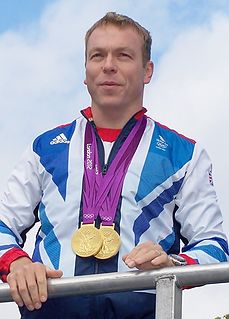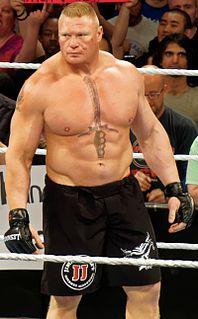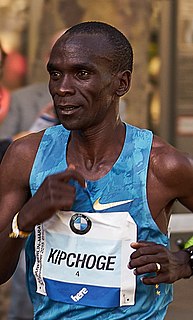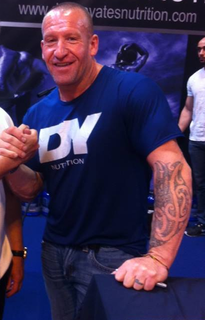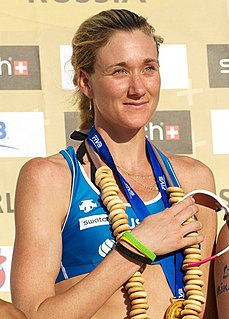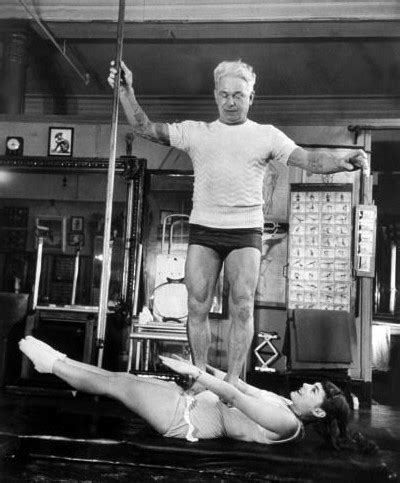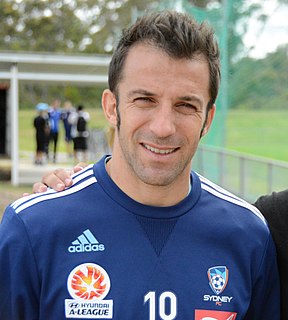A Quote by Jimi Manuwa
Fighting isn't an ordinary career, so you have to allow your body time to recover in between training sessions.
Related Quotes
The quickest time to rehydrate is right after you're done training, so I'm always carrying these gallons of water to drink, drink, drink so my body can recover faster. And that's a huge part of being able to take damage, by the way. If you're hydrated, your brain is lubricated, you can take bigger shots.
If you are training properly, you should progress steadily. This doesn't necessarily mean a personal best every time you race ... Each training session should be like putting money in the bank. If your training works, you continue to deposit into your 'strength' account ... Too much training has the opposite effect. Rather than build, it tears down. Your body will tell when you have begun to tip the balance. Just be sure to listen to it.

